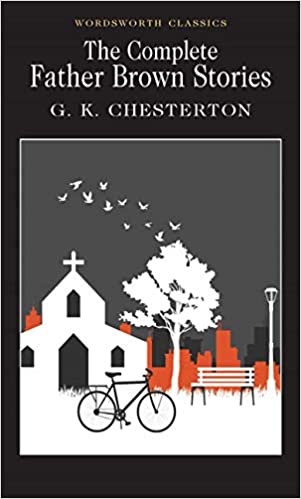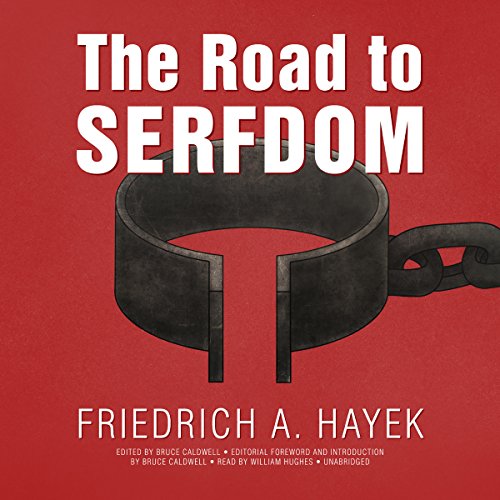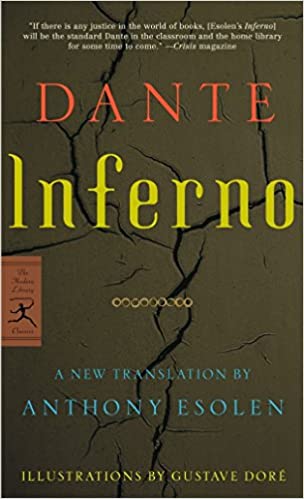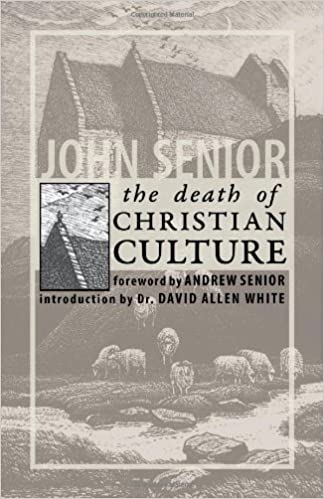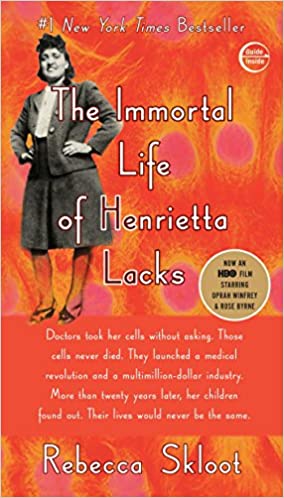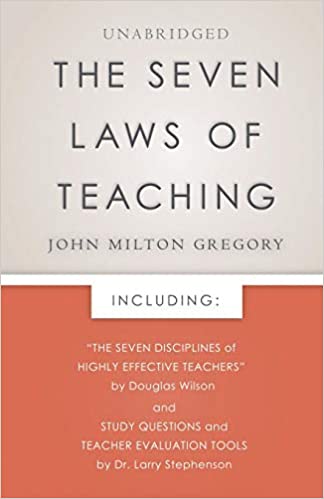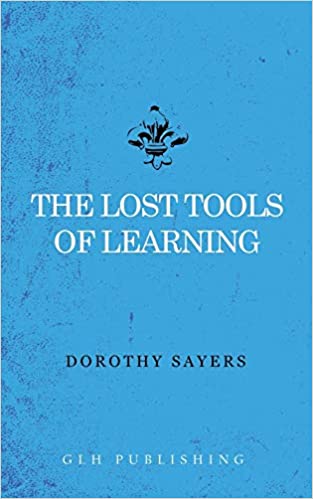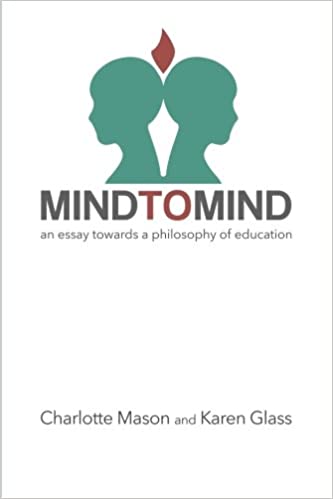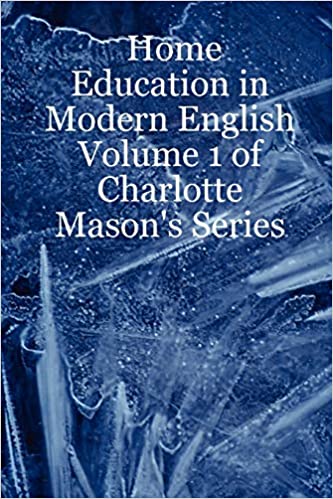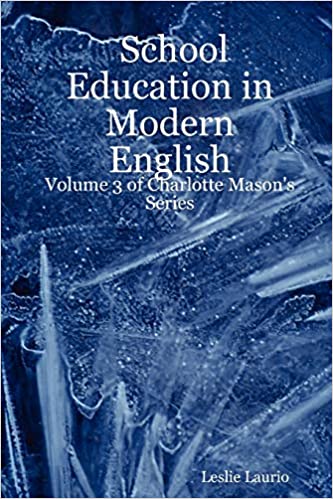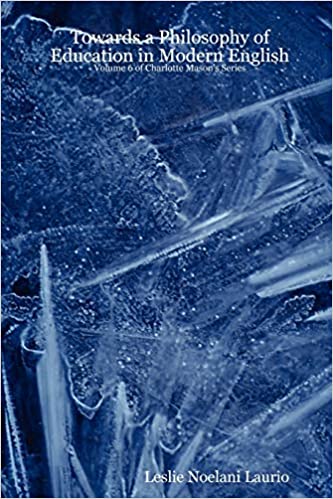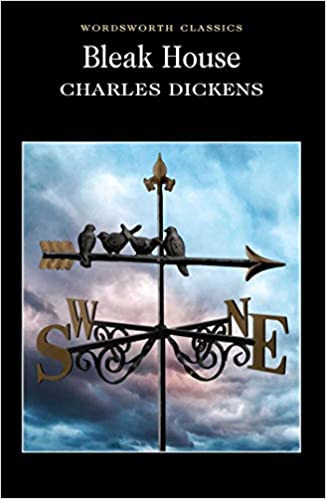The Complete Father Brown Stories
Father Brown, one of the most quirkily genial and lovable characters to emerge from English detective fiction, first made his appearance in The Innocence of Father Brown in 1911. That first collection of stories established G.K. Chesterton's kindly cleric in the front rank of eccentric sleuths. This complete collection contains all the favourite Father Brown stories, showing a quiet wit and compassion that has endeared him to many, whilst solving his mysteries by a mixture of imagination and a sympathetic worldliness in a totally believable manner.
More info →The Road to Serfdom
An unimpeachable classic work in political philosophy, intellectual and cultural history, and economics, The Road to Serfdom has inspired and infuriated politicians, scholars, and the public for half a century. Originally published in 1944 - when Eleanor Roosevelt supported the efforts of Stalin, and Albert Einstein subscribed lock, stock, and barrel to the socialist program - The Road to Serfdom was seen as heretical for its passionate warning against the dangers of state control over the means of production. For F. A. Hayek, the collectivist idea of empowering government with increasing economic control would lead not to a utopia but to the horrors of Nazi Germany and Fascist Italy. First published by the University of Chicago Press on September 18, 1944, The Road to Serfdom garnered immediate, widespread attention. The first printing of 2,000 copies was exhausted instantly, and within six months more than 30,000 books were sold. In April 1945, Reader's Digest published a condensed version of the book, and soon thereafter the Book-of-the-Month Club distributed this edition to more than 600,000 readers. A perennial best seller, the book has sold 400,000 copies in the United States alone and has been translated into more than 20 languages, along the way becoming one of the most important and influential books of the century. With this new edition, The Road to Serfdom takes its place in the series the Collected Works of F. A. Hayek. The volume includes a foreword by series editor and leading Hayek scholar Bruce Caldwell explaining the book's origins and publishing history and assessing common misinterpretations of Hayek's thought. Caldwell has also standardized and corrected Hayek's references and added helpful new explanatory notes. Supplemented with an appendix of related materials ranging from prepublication reports on the initial manuscript to forewords to earlier editions by John Chamberlain, Milton Friedman, and Hayek himself, this new edition of The Road to Serfdom is the definitive version of Hayek's enduring masterwork.
More info →Inferno (The Divine Comedy)
An extraordinary new verse translation of Dante’s masterpiece, by poet, scholar, and lauded translator Anthony Esolen
Of the great poets, Dante is one of the most elusive and therefore one of the most difficult to adequately render into English verse. In the Inferno, Dante not only judges sin but strives to understand it so that the reader can as well. With this major new translation, Anthony Esolen has succeeded brilliantly in marrying sense with sound, poetry with meaning, capturing both the poem’s line-by-line vigor and its allegorically and philosophically exacting structure, yielding an Inferno that will be as popular with general readers as with teachers and students. For, as Dante insists, without a trace of sentimentality or intellectual compromise, even Hell is a work of divine art.
Esolen also provides a critical Introduction and endnotes, plus appendices containing Dante’s most important sources—from Virgil to Saint Thomas Aquinas and other Catholic theologians—that deftly illuminate the religious universe the poet inhabited.
More info →The Death of Christian Culture
First published in 1978, this hard-hitting exposition discusses the root causes of how and why Christian culture is dying. It investigates literature, culture, history, and religion in an attempt to show that education is increasingly about bureaucratic training and less about scholarly truth. A warning that cultural and artistic treasures of classical and Christian civilizations must be preserved, this provocative analysis diagnoses a cultural and societal malaise facing modern Western societies.
More info →The Immortal Life of Henrietta Lacks
Her name was Henrietta Lacks, but scientists know her as HeLa. She was a poor Southern tobacco farmer who worked the same land as her slave ancestors, yet her cells—taken without her knowledge—became one of the most important tools in medicine: The first “immortal” human cells grown in culture, which are still alive today, though she has been dead for more than sixty years. HeLa cells were vital for developing the polio vaccine; uncovered secrets of cancer, viruses, and the atom bomb’s effects; helped lead to important advances like in vitro fertilization, cloning, and gene mapping; and have been bought and sold by the billions.
Yet Henrietta Lacks remains virtually unknown, buried in an unmarked grave.
Henrietta’s family did not learn of her “immortality” until more than twenty years after her death, when scientists investigating HeLa began using her husband and children in research without informed consent. And though the cells had launched a multimillion-dollar industry that sells human biological materials, her family never saw any of the profits. As Rebecca Skloot so brilliantly shows, the story of the Lacks family—past and present—is inextricably connected to the dark history of experimentation on African Americans, the birth of bioethics, and the legal battles over whether we control the stuff we are made of.
Over the decade it took to uncover this story, Rebecca became enmeshed in the lives of the Lacks family—especially Henrietta’s daughter Deborah. Deborah was consumed with questions: Had scientists cloned her mother? Had they killed her to harvest her cells? And if her mother was so important to medicine, why couldn’t her children afford health insurance?
Intimate in feeling, astonishing in scope, and impossible to put down, The Immortal Life of Henrietta Lacks captures the beauty and drama of scientific discovery, as well as its human consequences.
More info →The Seven Laws of Teaching
Don't miss this vital book for teachers! For decades, John Milton Gregory's The Seven Laws of Teaching has been an essential guide for classical educators. Teachers everywhere--whether in schools, at home, in co-ops, or online--need this book. Whether you're experienced or just getting your feet wet, this edition of The Seven Laws of Teaching supplies methods and practical application for the classroom, homeschool, or online school.
More info →The Lost Tools of Learning
This book was originally given as a talk by Dorothy Sayers at Oxford University in 1947 on the benefits of a classical education for children. It is great brief introduction to the advantages of a classical education.
More info →Mind to Mind: An Essay Towards a Philosophy of Education
This is Charlotte Mason as you have not seen her before: Mind to Mind is her well-seasoned final work, originally titled An Essay Towards a Philosophy of Education. Divested of outdated material, the essential philosophy is brought into sharp relief. Ms. Mason wrote, “The message for our age is, Believe in mind, and let education go straight as a bolt to the mind of the pupil.” Our generation needs to hear that message more acutely than ever. Karen Glass, with deep respect for the original, has preserved the essentials in Ms. Mason’s own words, while delivering the material in a format that speaks to today’s readers. This book is an abridgment in the literal Latin sense of “to shorten.” What has been shortened is not merely the length of the original volume, but the path between the modern reader and the mind of Charlotte Mason.
In this book, Charlotte Mason presents the vital principles that underlie her methods, and with the confidence of many decades of practice behind her, recommends those methods to a wider audience. She wanted to reform and regenerate the educational practices of Great Britain in the early 20th century, but 21st century readers will find her ideas just as potent, just as penetrating, and even more refreshing than they were when they were originally penned. Her first principle is "Children are born persons": not machines, not animals, not accidental conglomerations of cells, but persons, with all the magnificent possibilities that personhood implies. The education we should offer a person is the education Charlotte Mason offers to us.
More info →Home Education in Modern English: Volume 1 of Charlotte Mason’s Series
Volume 1 of Charlotte Mason's Original Homeschool Series paraphrased sentence by sentence into plain English by Leslie Laurio. This is a good place for parents of very young children to begin, since Charlotte Mason details ways to prepare children up to age 9 for a CM education. If you prefer to print or read this book online for free, the complete text is also available at http://www.amblesideonline.org/CM/ModernEnglish.html
More info →School Education in Modern English: Volume 3 of Charlotte Mason’s Series
Volume 3 of Charlotte Mason's Original Homeschool Series paraphrased sentence by sentence into plain English by Leslie Laurio. Thoughts about the teaching and curriculum of children aged 9-12 with details and examples of books, exams, etc. If you prefer to print or read this book online for free, the complete text is also available at http://www.amblesideonline.org/CM/ModernEnglish.html
More info →Towards a Philosophy of Education in Modern English: Volume 6 of Charlotte Mason’s Series
Volume 6 of Charlotte Mason's Original Homeschool Series paraphrased sentence by sentence into plain English by Leslie Laurio. If you can only read one volume of Charlotte Mason's series, this should be the one, since this volume details the long-term vision and goals of CM that parents will need to understand the why's of the method, as well as covering curriculum considerations for all ages. You can also read this book online for free at http://www.amblesideonline.org/CM/ModernEnglish.html
More info →Bleak House
Bleak House is one of Dickens' finest achievements, establishing his reputation as a serious and mature novelist, as well as a brilliant comic writer. It is at once a complex mystery story that fully engages the reader in the work of detection, and an unforgettable indictment of an indifferent society. Its representations of a great city's underworld, and of the law's corruption and delay, draw upon the author's personal knowledge and experience. But it is his symbolic art that projects these things in a vision that embraces black comedy, cosmic farce, and tragic ruin. In a unique creative experiment, Dickens divides the narrative between his heroine, Esther Summerson, who is psychologically interesting in her own right, and an unnamed narrator whose perspective both complements and challenges hers.
With an Introduction and Notes by Doreen Roberts, University of Kent at Canterbury

